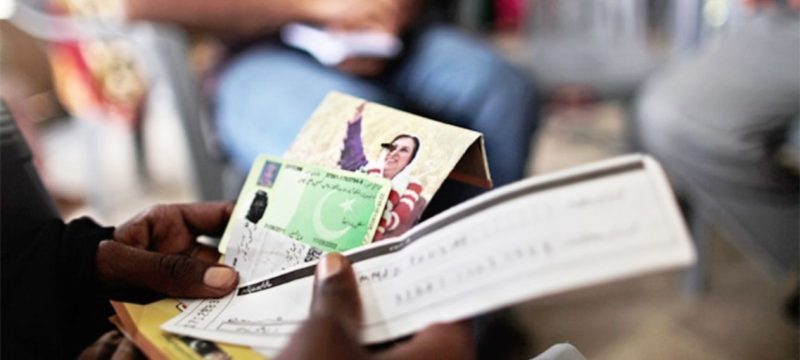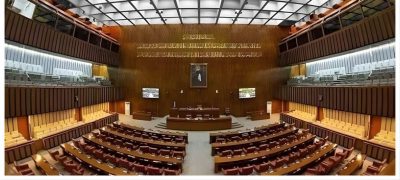A recent financial audit has uncovered alarming irregularities in Pakistan’s largest cash transfer program, the Benazir Income Support Program (BISP), exposing fund mismanagement exceeding Rs141 billion in FY2023-24. The audit report reveals a series of unauthorized transactions, including unlawful payments, improper withdrawals, and misuse of educational scholarships.
According to the findings, over 3 million beneficiaries without valid CNICs received payments totaling Rs116.95 billion, raising serious concerns about oversight. Additionally, funds were allocated to ineligible recipients, with Rs4 billion disbursed to tax filers and Rs60 million paid to families of government employees—both groups not qualified for financial aid.
Read more: IMF Expresses Satisfaction with BISP’s Performance
The report also highlights the misuse of school scholarships, where unauthorized students received over Rs11.5 million. Furthermore, Rs13.8 million was allocated to more than 5 million students falsely marked as present, despite their absence from classes. Another Rs154.2 million was distributed to 57,000 students who failed to meet the mandatory 70% attendance requirement, while Rs2.8 million was linked to unlawful enrollments.
Other financial discrepancies include Rs454.7 million withdrawn from designated district cash grants and Rs115 million improperly deducted from beneficiaries’ accounts. Additionally, Rs77.2 million was allocated under the household survey category without authorization, and Rs63.7 million was spent on deputation allowances for unqualified employees.
These shocking revelations have raised serious concerns about BISP’s governance and accountability, questioning its ability to deliver aid to Pakistan’s most vulnerable populations.









